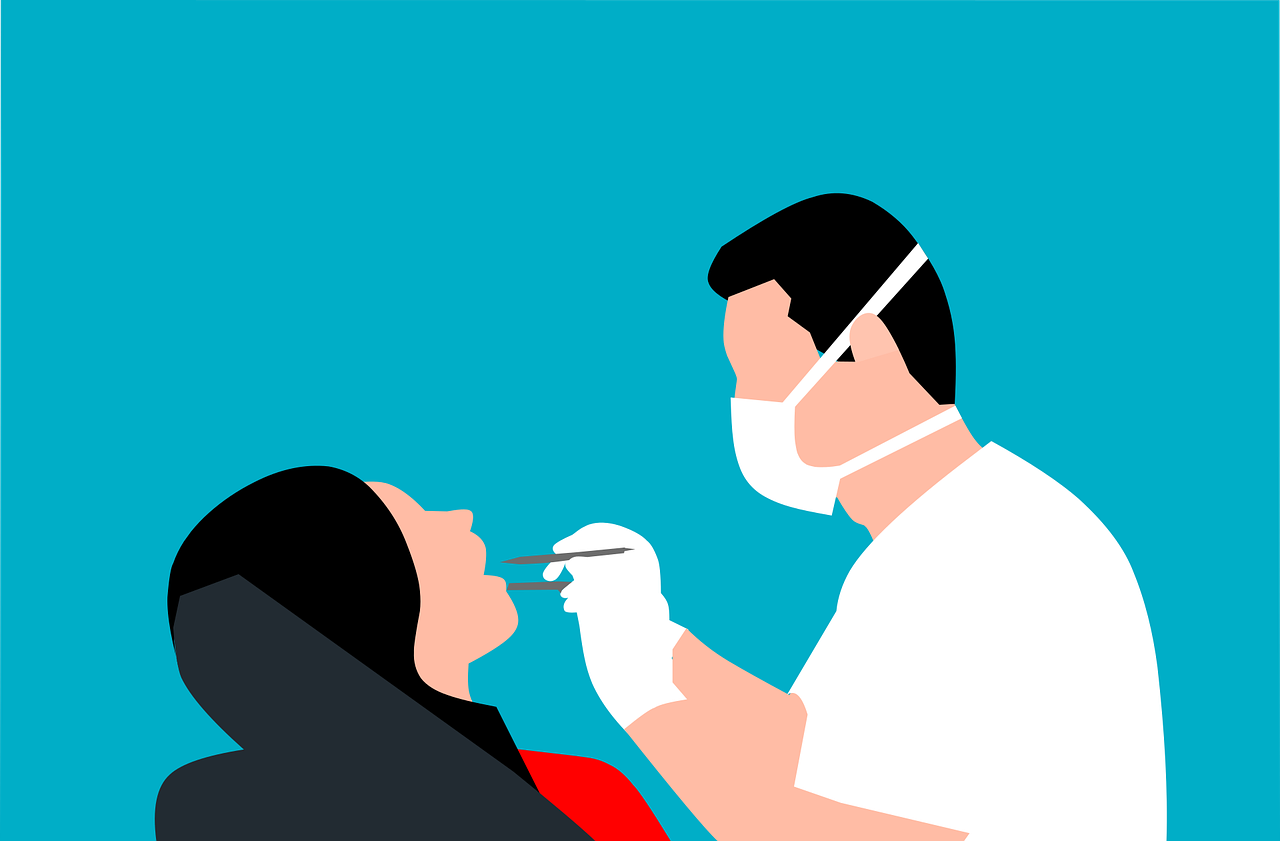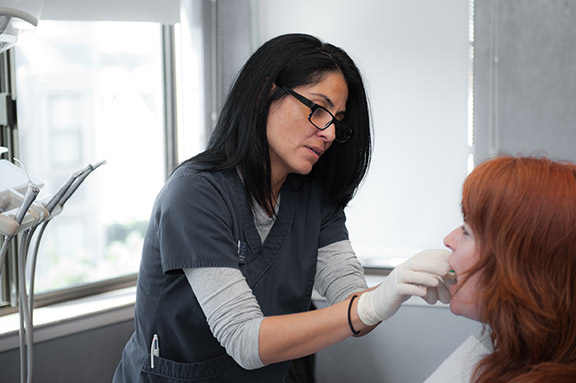Cancer
Colorectal Cancer Risk and Oral Health: the Mouth-Body Connection
Colorectal cancer is the second most common cause of cancer deaths, according to the American Cancer Society. And your oral health could play an important role in preventing it. Unlike a trip to Las Vegas, as its tourism board would have you believe, what happens in your mouth may not always stay in your mouth. Researchers at Fred Hutchinson Cancer Center have discovered that a “specific subtype of a microbe commonly found in the mouth is able to travel to the gut and grow within colorectal cancer tumors.” Published in the March 20 edition of Nature, these findings could help improve early screening methods and therapeutic approaches.
The Rise of a New Cancer Connection
For many years, the focus of oral health has primarily been on preventing cavities and gum disease. However, recent studies suggest a more intricate relationship between the mouth and the rest of the body, including a potential link to certain cancers.
According to emerging research, a connection could exist between oral health and the risk of colorectal cancer. Researchers determined that microbes normally found in the mouth were discovered in about one-half of examined colorectal tumors. The microbes traveled from the mouth to the colon, going through the stomach and remaining intact.
The groundbreaking study investigated the presence of a specific bacteria subtype, Fusobacterium nucleatum, in colorectal cancer patients. Though most commonly found in the mouth, this bacteria was detected in nearly half of the analyzed colorectal tumors. Researchers also found evidence suggesting these oral bacteria survived the harsh acidic environment of the stomach, reaching the colon and potentially contributing to tumor growth.
This discovery has opened doors for further research into the mouth-gut connection and its potential role in colorectal cancer development. While the exact mechanisms are still under investigation, it highlights the importance of good oral health practices.
“Overall, people who had periodontal disease had a 17 percent higher risk of developing serrated polyps or conventional adenomas,” according to the American Association for Cancer Research. “Those who had lost four or more teeth had a 20 percent higher risk of developing serrated polyps.”
Inflammation: A Potential Bridge to Colorectal Cancer
Chronic inflammation is a common thread linking various health concerns, including gum disease and certain cancers. Periodontal disease, characterized by inflammation and infection of the gums and supporting bone, has been associated with an increased risk of various cancers, including colorectal cancer.
The theory suggests that the chronic inflammatory state caused by gum disease might contribute to an environment conducive to cancer development in other parts of the body. Some researchers have also proposed that oral bacteria like Fusobacterium nucleatum might play a more direct role by manipulating the gut’s environment to promote tumor growth.
Beyond Bacteria: Other Potential Links to Colorectal Cancer
While the bacterial connection is a major focus, other factors can also contribute to the potential association between oral health and bowel cancer. Here are some additional possibilities.
- Lifestyle Habits: Tobacco use and excessive alcohol consumption are established risk factors for both oral cancer and bowel cancer. These habits can also contribute to poor oral hygiene, creating a potentially synergistic effect.
- Diet: A diet low in fiber and high in processed foods can negatively impact both oral and gut health.
- Weakened Immune System: A compromised immune system might struggle to fight off harmful bacteria in the mouth, allowing them to potentially reach the gut and contribute to health problems.
Important Points to Consider
- Association, not causation: While studies show an association between gum disease and colorectal cancer, there is still no definitive proof that gum disease causes cancer. Other factors could be at play.
- Not everyone with gum disease develops cancer: Many people with gum disease will not develop colorectal cancer.
- Early detection is key: Both gum disease and colorectal cancer are treatable when detected early. Regular dental checkups and screenings for colorectal cancer are vital.
Maintaining Good Oral Health: A Proactive Approach to Mitigating Colorectal Cancer Risks
Despite the ongoing research about the mouth-bowel cancer link, maintaining good oral hygiene remains crucial for overall health.
- Brushing: Brush your teeth twice a day for two minutes each time, using a fluoride toothpaste.
- Flossing: Floss daily to remove plaque and bacteria from between your teeth.
- Regular Dental Checkups: Schedule regular dental checkups and cleanings, typically every six months, for professional evaluation and preventive care.expand_more This allows your dentist to detect and address any potential issues early on.expand_more
- Healthy Diet: Maintain a balanced diet rich in fruits, vegetables, and whole grains to support both oral and gut health.
- Lifestyle Habits: Avoid smoking and excessive alcohol consumption.
Additional Tips for a Healthy Mouth and Gut
- Manage Stress: Chronic stress can contribute to inflammation throughout the body, including the mouth. Practice stress-reduction techniques like yoga, meditation, or deep breathing.
- Probiotics: Consider incorporating probiotics into your diet through fermented foods like yogurt, kimchi, or sauerkraut. Probiotics may help maintain a healthy gut microbiome.
- Stay Hydrated: Drink plenty of water throughout the day to help flush out toxins and keep your mouth moist.
The Future of the Mouth-Bowel Cancer Connection
Further research is needed to fully understand the complexities of the mouth-bowel cancer link. However, the current findings emphasize the interconnectedness of our bodies and the importance of a holistic approach to healthcare.
By sustaining optimal oral hygiene and adopting healthy lifestyle practices, you can take proactive steps toward safeguarding your overall wellbeing. Additionally, routine dental checkups play a vital role in detecting and preventing potential oral health issues that could contribute to other health concerns.
At the Blende Dental Group, we are committed to providing comprehensive dental care tailored to your individual needs. We believe in patient education and empowerment. If you have any questions or concerns about your oral health or the potential link to other health issues, schedule an appointment with our team. Existing patients can book a visit here. For new patients, schedule a consultation today. We are here to help you achieve a healthy smile that contributes to your overall wellness.
Image by Mohamed Hassan from Pixabay
Let's brighten
that smile
The when and where are up to you.












